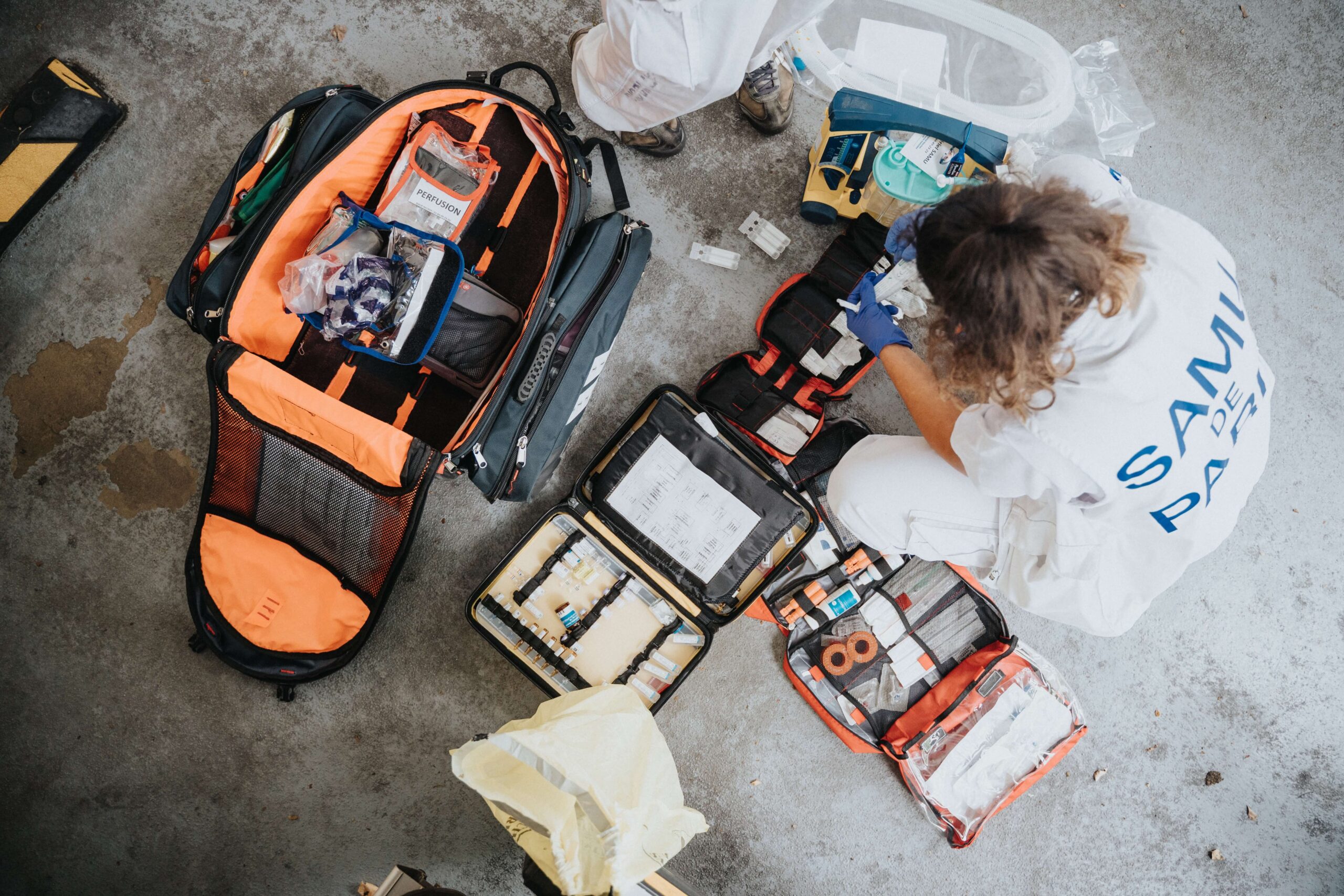
Surviving Night Shifts: Tips for EMT Students
Night shifts can be challenging for EMT students, but they also offer unique opportunities to learn and grow as healthcare providers. To help you make the most out of your night shifts, we’ve compiled some practical tips that can help you stay alert, focused, and productive.
- Plan Ahead: Prepare yourself physically and mentally for your night shift by creating a routine that works for you. Get enough sleep during the day, exercise, and eat healthy meals to fuel your body and mind.
- Stay Hydrated and Nourished: During night shifts, it’s easy to forget to drink and eat, but staying hydrated and nourished is critical to maintain your energy and focus. Pack healthy snacks and meals, and drink plenty of water throughout your shift.
- Take Short Breaks: Taking short, frequent breaks can help you recharge and stay alert. Use your breaks to stretch, walk around, or do some deep breathing exercises to help you feel refreshed.
- Stay Connected with Your Team: Working as a team is critical to delivering effective care during night shifts. Stay connected with your team by communicating regularly, supporting each other, and sharing responsibilities.
- Use Light Therapy: Lack of natural light during night shifts can affect your sleep-wake cycle and mood. Use light therapy by exposing yourself to bright light before and during your shift to help regulate your body clock and improve your alertness.
- Practice Self-Care: Practicing self-care is essential to manage stress and maintain your well-being. Take time to do things you enjoy, such as reading, listening to music, or practicing a hobby. Engaging in self-care activities can help you recharge and feel more focused.
- Focus on Learning: Night shifts offer unique learning opportunities that can help you become a better healthcare provider. Take advantage of your night shifts by observing experienced healthcare professionals, asking questions, and practicing your skills.
Remember, taking care of yourself is critical to deliver effective care, and it’s okay to ask for help when needed.

